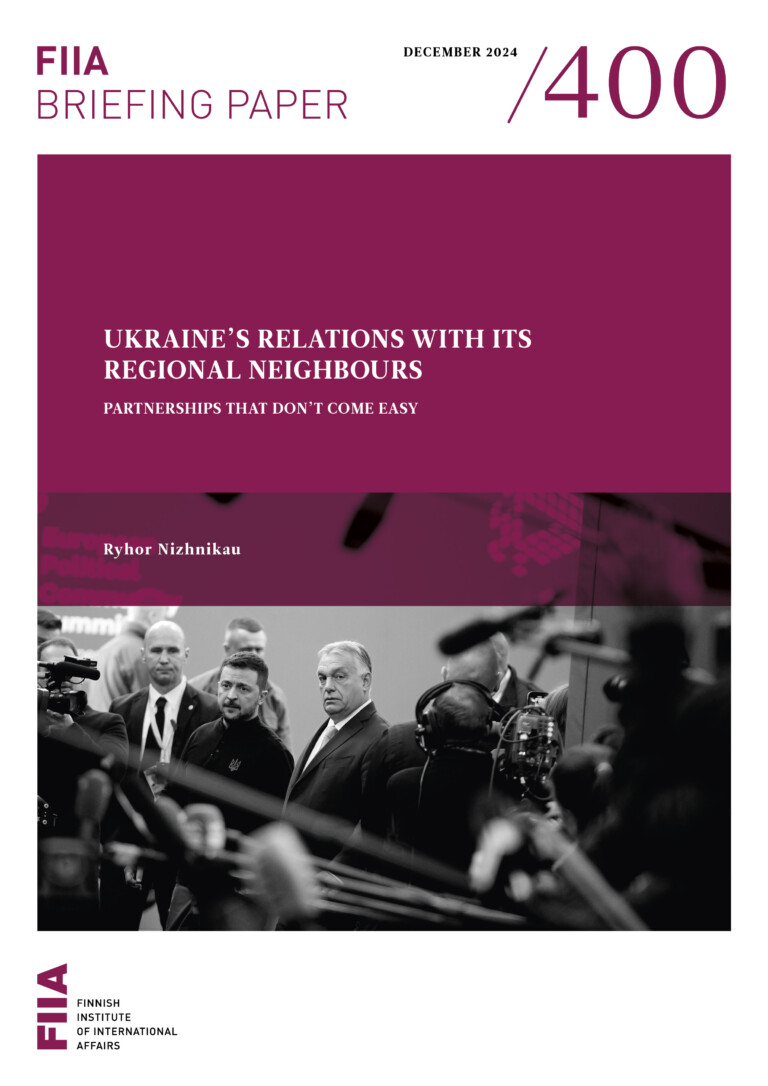Contrary to the traditional behaviour during the election period, the Russian government is risking irritating the security ministries and agencies by conducting extremely painful reforms in the Armed Forces and the Ministry of the Interior. However, the authorities cannot avoid such reforms because of the total inefficiency of these two “power ministries”.
In the aftermath of the Russian-Georgian conflict in August 2008, the Defence Ministry decided to carry out the most radical military reform undertaken in Russia over the past 100 years. However, it is still unclear whether the reformers will be able to resolve the main problem concerning the military construction – the repeal of conscription.
In contrast to the Armed Forces, the reform of the Ministry of the Interior does not even touch the major deficiencies in the law enforcement agencies, namely their centralization, lack of public control, and the prevalence of repressive functions over protection of citizens. The ongoing reform is merely a great purge. The country’s leadership believes that by firing corrupt police officers, it can solve the problem of corruption in general.
The reform of the Security Council and the rejection of any reform of the Ministry of the Interior troops is a prescription for possible public unrest rather than an attempt to improve inter-agency coordination.
The genuine reason for these reforms is the complete exhaustion of Prime Minister Putin’s model of organizing the security forces. Yet, the next president will need their complete loyalty because of the real possibility of public unrest in the next few years.




